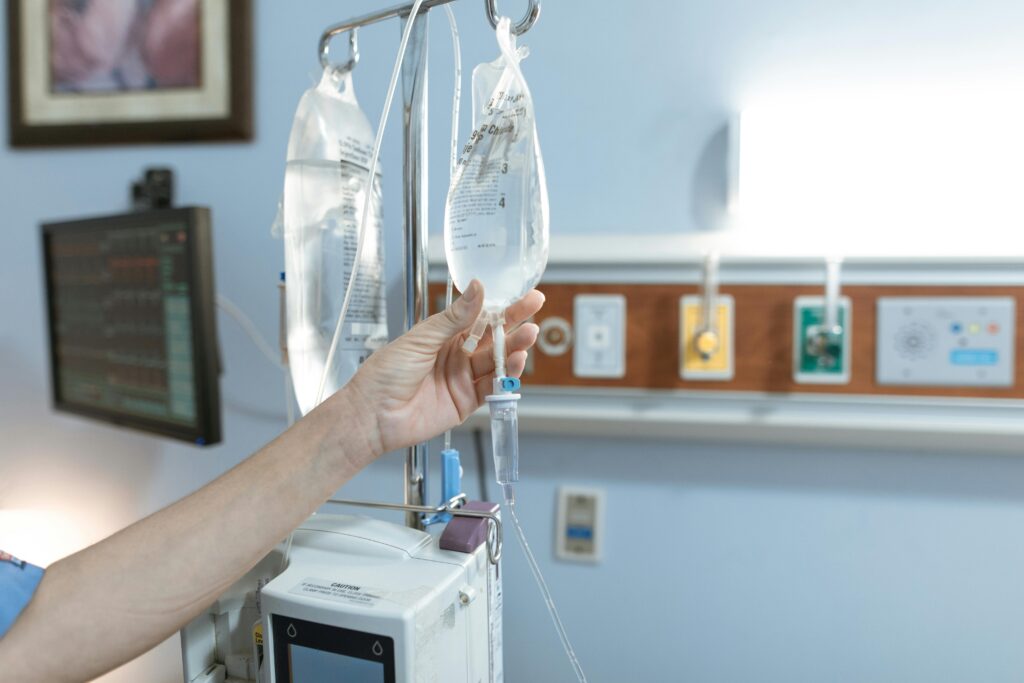With the rapid rise in anti-aging products, companies are taking advantage of the hype and capitalizing on sales of unproven and unregulated therapies. But buyer beware, charlatans selling snake oil run rampant in this market.

The field of geroscience, which focuses on understanding the biological mechanisms of aging, is rapidly gaining mainstream attention. As public interest in longevity and extending healthspan grows exponentially, so does the market for products claiming to slow or reverse the aging process. This surge in interest presents both opportunities and challenges.
Many anti-aging products on the market are unproven and may not deliver on their promises. Consumers, eager to find the “fountain of youth,” may be misled into purchasing expensive supplements or treatments that have little to no scientific backing. This not only wastes money but could also pose health risks if the products have unknown side effects.
Examples of commonly marketed longevity products without good evidence for their use include:
- Biological Aging Tests: These tests claim to measure your biological age, which may differ from your chronological age. However, none of these tests have been studied to prove what they claim to do, which is predict your healthspan and life expectancy. Additionally, two different tests will likely give you two drastically different numbers, leaving you confused and several hundred dollars in the hole. Another issue is that they don’t tell you how fast or slow you are currently aging. In other words, biological aging tests are like the odometer of aging, but what we’d be more interested in is knowing your speedometer, or “aging rate indicator”. For now, the best tests we have for determining biological age are functional tests like strength, stability, VO2 max, zone 2 threshold, hearing, vision, etc. and laboratory tests for organ and hormonal function.
- NAD: NAD is a coenzyme involved in cellular metabolism and energy production. Levels decrease with age, which gave rise to the idea that supplementing with exogenous forms of NAD may promote longevity. Precursor molecules to NAD like NR (nicotinamide riboside) and NMN (nicotinamide mononucleotide) are marketed for their potential to boost NAD levels and promote longevity (since NAD doesn’t get absorbed in the GI tract). However, the evidence supporting their efficacy in humans is still very limited and their long-term safety profile is still unknown. In addition, NR has been tested in a robust mouse trial and failed to extend lifespan where other drugs have succeeded.
- Resveratrol: This compound, found in red wine, is often touted for its anti-aging properties. It’s now well known by geroscientists that the positive studies in mice were due to poor experimental methodology and that the molecule has zero longevity benefit in humans. The mouse study that showed benefit was likely due to the animals being fed so much coconut oil that their liver swelled up to the point it compressed their lungs and they died. Not a great model to study longevity.
Since NAD and resveratrol are supplements and not drugs, companies can skip the research needed to elucidate the risks and benefits and go straight to selling. The FDA allows supplements to be sold unregulated to people because they’re classified as food and not drugs. What classifies a molecule as either a supplement or a drug is often fuzzy and unclear. But make no mistake, supplements should be approached with as much caution as drugs, perhaps even more so because supplement companies are free of the strict safety regulations that drug companies must adhere to.
Despite the negatives of longevity commercialization, one positive take-away is the potential for increased investment in scientific research. As more people become fascinated by the idea of extending their lifespan, investors may be more inclined to fund rigorous scientific studies to prove the efficacy of these products.
The field of geroscience is still in its infancy. Much more research is needed to determine the risks and benefits of anti-aging products, and even then, the decision to use these products should be carefully discussed with a knowledgable physician. Until then, consumers should be wary of products that promise miraculous results without solid scientific evidence. As the field evolves, it will be crucial to balance enthusiasm with skepticism, ensuring that the quest for longevity is grounded in science rather than hype.
